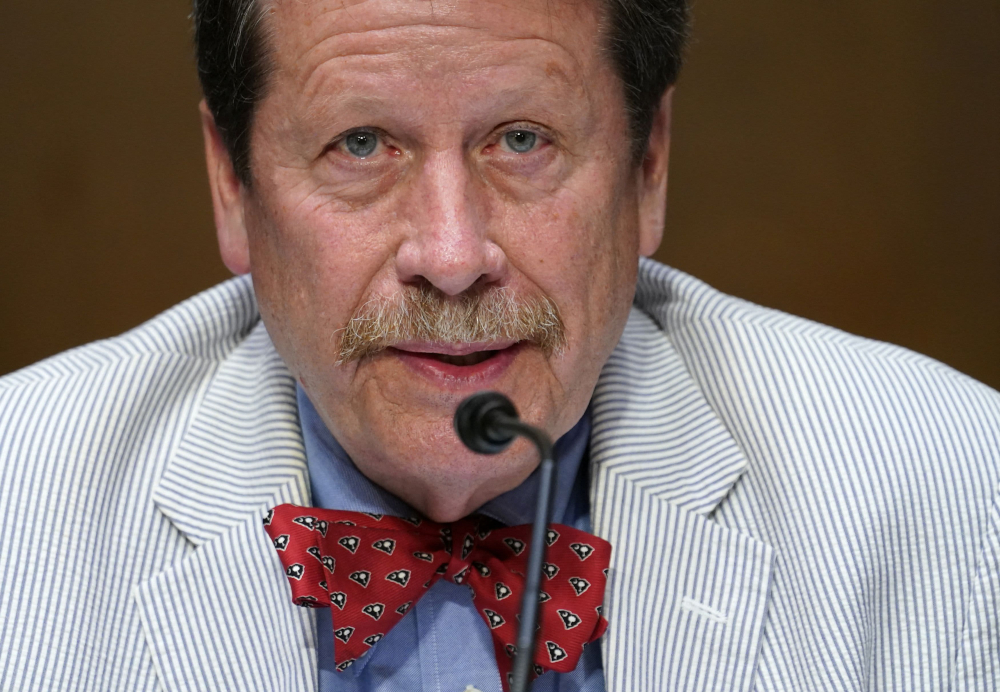The commissioner of the U.S. Food and Drug Administration (FDA) repeated the contention that the agency does not consider hemp-derived CBD safe enough to be sold lawfully as a dietary supplement, and urged Congress to create a new pathway to regulate the substance.
Appearing before the House Oversight and Accountability Committee last Thursday, FDA Commissioner Robert Califf said “the use of CBD raises safety concerns, especially with long-term use. Studies have shown evidence of liver toxicity, interactions with certain medications and possible harm to the male reproductive system. CBD exposure is particularly concerning for children and during pregnancy.”
Califf, who succeeded Janet Woodcock as head of the FDA in January, repeated an earlier observation by the agency that existing rules for foods and dietary supplements are not appropriate for CBD and that a new regulatory route is needed which could encourage better informing consumers.
‘Confusion in market’
Meanwhile, “FDA continues to assess the evolving information base and build awareness for Americans,” Califf said.
Under the Federal Food, Drug, & Cosmetic Act, any substance, including CBD, must meet specific safety standards to be lawfully marketed as a dietary supplement or food additive, Califf noted.
Lawmakers and CBD stakeholders have repeatedly called out the FDA for its inaction on CBD. At the hearing Thursday, House Oversight Committee Chairman Rep. James Comer of Kentucky pushed back regarding the FDA’s position that its existing rules don’t work for CBD.
“The FDA refusal to regulate hemp products is creating a significant confusion in the market, and resulting in products with intoxicants that can be dangerous to Americans who use these products,” Comer said. “It has also halted business trying in good faith to enter the market, while bad actors continue to thrive.”
Stalled investment?
In calling for Congress to act, the FDA said its existing foods and dietary supplement authorities are not able to manage many of the risks associated with CBD under rules for dietary supplements and food additives. “Given the available evidence, it is not apparent how CBD products could meet safety standards” for such products, FDA has said.
The lack of rules for CBD, long-awaited by stakeholders, is a factor in stalled investment in the sector, which at any rate is massively downsized as a result of a crash that has lingered for more than three years. Interest in the sector could be revived if federal rules allow hemp-derived cannabinoids to be treated as food or supplements instead of drugs, stakeholders have argued.
Congress has already been looking at CBD, having drafted “The Hemp and Hemp-Derived CBD Consumer Protection and Market Stabilization Act” in 2021, which would have required CBD products and hemp extract manufacturers to comply with existing safety rules for dietary supplements. But the measure died in a House committee in early 2023.
CBD could be dealt with in the next Farm Bill currently under negotiation. That measure, originally the 2023 Farm Bill but which has been repeatedly pushed back, may not be ready until 2025.

